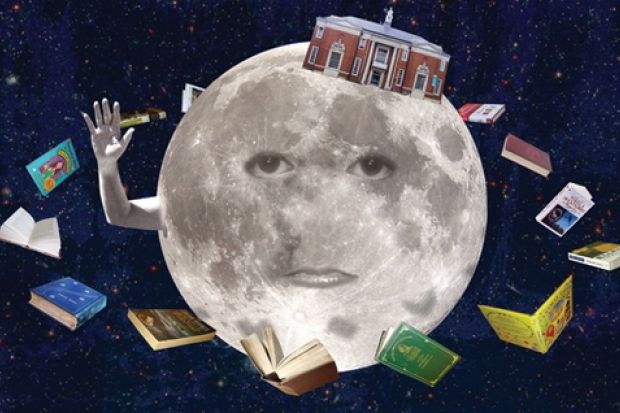It is remarkable how people are prepared to talk about themselves on camera. Marc Isaacs stood outside Highbury Magistrates' Court and filmed whoever blew his way (Outside the Court, BBC Four, Monday 31 January, 9pm). The opening sequence showed him loitering with intent to interview. He's lucky he wasn't arrested. He also appeared to have arrived rather early. Nothing much was happening, so he entertained us with a shot of a mechanical street sweeper. It had "Keeping Islington Clean" imprinted on its side in case anyone mistook it for a golf buggy.
Marc's questions were nothing if not direct. "Is this your first day here?" he asked a man in a grey suit. "Nah," came the reply, "I've been coming 'ere years." Naturally Marc wanted to know why. We all did. "I'm a thief," said the man. "It's an occupational hazard." All Marc's subjects had a story to tell. Michel's was the one that made you most despair of the human condition. Talking to Marc made him "feel better". He smiled. You could tell from his expression it wasn't something he was used to. Like many on the margin, Michel had an insight into how the system worked. "They drive you crazy and then they say, 'Look, he's crazy.'"
Do We Really Need the Moon? (BBC Two, Tuesday 1 February, 9pm) is the sort of question you might expect a government minister to ask. It's on a par with "Do we really need libraries?" Or "Do we really need the humanities?" The only advantage that the Moon has over the other two is that it doesn't cost anything. But that won't protect it for long against a government bent on banishing anything that can't justify its existence in strictly utilitarian terms. Well, Mr Cameron, Dr Maggie Aderin-Pocock has got news for you.
There was the odd moment when it was difficult to make out what she was saying, particularly when she was caught in the rapids at the Falls of Lora. Whatever Maggie was mouthing, it didn't seem to be about the Moon, because the only part of her attached to the boat at that point were her hands. No sooner had she recovered her composure than she was in a helicopter clattering over the Arizona desert. She pointed out the famous Meteor Crater, probably as a way of illustrating the meaning of "impact" to those of us still struggling to understand the term.
With the aid of such props, Maggie explained what we owe the Moon, and why she was "mad about it". If it wasn't for that grey rock, we wouldn't even be here. Some four and half billion years ago, a planet the size of Mars bowled into the Earth. What a mess. It made the recession look like something you could sweep up with a dustpan and brush. The debris was blasted out into space where gravity flattened it into the white disc we see today. Acting as a shield, the Moon protected the young Earth from further bombardment. It also slowed its spin so that the Earth's day lasted not five but 24 hours, while the pull of lunar gravity created the tides whose ebb and flow were crucial to the development of the first life forms.
Even now, the Moon looks after us, keeping the Earth's axis at 23 degrees so we can enjoy the seasons instead of enduring extremes of heat and cold. And should we ever venture into space, the Moon can be used as a filling station. The 400 billion tonnes of water trapped at its poles will come in very handy for the manufacture of rocket fuel. It's also cheaper to girdle the moon with solar panels and use them as a source of clean energy than it is to search for fossil fuels. But that would make financial sense, so it won't happen.
The Moon is moving further away from us. Perhaps it doesn't like what it sees. Or it may be afraid that George Osborne will blame it for the economy's poor performance, like he did the snow. But when it's gone we will miss it. Isn't that always the way? It'll be the same with libraries. And their disappearance will make it even harder for those not born into wealthy families to improve their lot. Perhaps that's the intention.
Richard Bilton's film Who Gets the Best Jobs? (BBC Two, Wednesday 2 February, 9pm) didn't tell us anything we didn't already know. Seven per cent of children go to private school yet they dominate Oxbridge and the professions. Richard's solution was that business should do more to help kids from poor backgrounds. Fine. But what about the rest, are they to be left to rot? Any change that does not seriously address privilege and inequality is mere moonshine.
Register to continue
Why register?
- Registration is free and only takes a moment
- Once registered, you can read 3 articles a month
- Sign up for our newsletter
Subscribe
Or subscribe for unlimited access to:
- Unlimited access to news, views, insights & reviews
- Digital editions
- Digital access to THE’s university and college rankings analysis
Already registered or a current subscriber?
